Martha Argerich - Prokofiev, Bartok: Piano Concertos (1998)
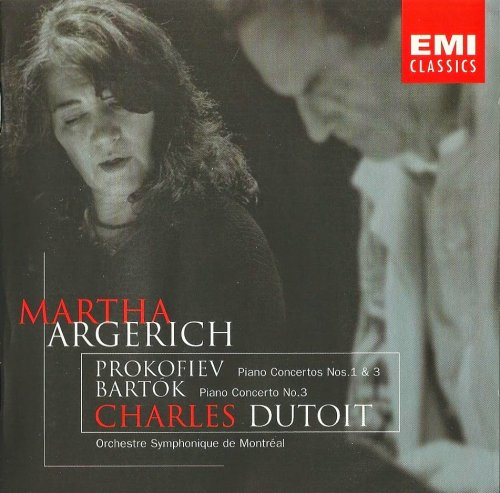
Artist: Martha Argerich
Title: Prokofiev, Bartok: Piano Concertos
Year Of Release: 1998
Label: EMI Classics
Genre: Classical
Quality: FLAC (image+.cue,log,scans)
Total Time: 01:10:12
Total Size: 304 Mb
WebSite: Album Preview
Tracklist: Title: Prokofiev, Bartok: Piano Concertos
Year Of Release: 1998
Label: EMI Classics
Genre: Classical
Quality: FLAC (image+.cue,log,scans)
Total Time: 01:10:12
Total Size: 304 Mb
WebSite: Album Preview
01. Prokofiev‧ / Piano Concerto No.1 in D flat Op.10:I. Allegro brioso– [0:06:56.72]
02. Prokofiev / ‧Piano Concerto No.1 in D flat Op.10:II. Andante assai– [0:04:34.18]
03. Prokofiev / ‧Piano Concerto No.1 in D flat Op.10:III. Allegro scherzando [0:04:31.00]
04. Bartók / ‧Piano Concerto No.3 Sz 119:I. Allegretto [0:07:22.07]
05. Bartók / ‧Piano Concerto No.3 Sz 119:II. Adagio religioso–〔Poco più mosso〕–Tempo I [0:10:45.08]
06. Bartók‧ / Piano Concerto No.3 Sz 119:III. Allegro vivace–〔Presto〕 [0:06:50.17]
07. Prokofiev / ‧Piano Concerto No.3 in C Op.26:I. Andante–Allegro [0:09:43.38]
08. Prokofiev / ‧Piano Concerto No.3 in C Op.26:II. Tema:Andantino– [0:09:39.52]
09. Prokofiev / ‧Piano Concerto No.3 in C Op.26:III. Allegro ma non troppo–meno mosso–Allegro [0:09:47.28]
Performers:
Martha Argerich - piano
Orchestre Symphonique de Montréal
Charles Dutoit – conductor
Martha Argerich’s return to the studios in two concertos she has not previously recorded is an uplifting moment. As always with this most mercurial of virtuosos, her playing is generated very much by the mood of the moment, and those who heard her in Prokofiev’s First Concerto with Muti at London’s Royal Festival Hall some years ago – a firestorm of a performance – may well be surprised at her relative geniality with Dutoit. Her entire reading is less hard-driven than from, say, Richter or Gavrilov, her opening arguably more authentically brioso than ferocious, her overall view a refreshingly fanciful view of Prokofiev’s youthful iconoclasm. The central Andante assai is inflected with an improvisatory freedom she would probably not have risked earlier in her career and in the Allegro scherzando she trips the light fantastic, reserving a suitably tigerish attack for the final octave bravura display.
Again, while her performance of the Third Concerto is less fleet or nimble-fingered than in her early legendary disc for DG with Abbado (now also available as part of Philips’ Great Pianists series) it is more delectably alive to passing caprice. Part-writing and expressive detail interest her more than in the past and there is certainly no lack of virtuoso frisson in the first movement’s concluding quasi-fugal piu mosso chase. Once more Argerich is unusually sensitive in the central Andantino, to the fourth variation’s plunge into Slavic melancholy and introspection. Personal and vivacious throughout, she always allows the composer his own voice. This is true to an even greater extent in Bartok’s Third Concerto where her rich experience in chamber music makes her often primus inter pares, a virtuoso who listens to her partners with the greatest care. In the Adagio religioso she achieves a poise that has sometimes eluded her in the past and her finale is specially characterful, her stealthy start to the concluding Presto allowing the final pages their full glory. Dutoit and the Montreal Symphony achieve a fine unity throughout, a sense of like-minded musicians at work. The recordings are clear and naturally balanced and only those in search of metallic thrills and rushes of blood to the head will feel disappointed. All true musicians will recognize performances of a special magic and integrity.
Again, while her performance of the Third Concerto is less fleet or nimble-fingered than in her early legendary disc for DG with Abbado (now also available as part of Philips’ Great Pianists series) it is more delectably alive to passing caprice. Part-writing and expressive detail interest her more than in the past and there is certainly no lack of virtuoso frisson in the first movement’s concluding quasi-fugal piu mosso chase. Once more Argerich is unusually sensitive in the central Andantino, to the fourth variation’s plunge into Slavic melancholy and introspection. Personal and vivacious throughout, she always allows the composer his own voice. This is true to an even greater extent in Bartok’s Third Concerto where her rich experience in chamber music makes her often primus inter pares, a virtuoso who listens to her partners with the greatest care. In the Adagio religioso she achieves a poise that has sometimes eluded her in the past and her finale is specially characterful, her stealthy start to the concluding Presto allowing the final pages their full glory. Dutoit and the Montreal Symphony achieve a fine unity throughout, a sense of like-minded musicians at work. The recordings are clear and naturally balanced and only those in search of metallic thrills and rushes of blood to the head will feel disappointed. All true musicians will recognize performances of a special magic and integrity.
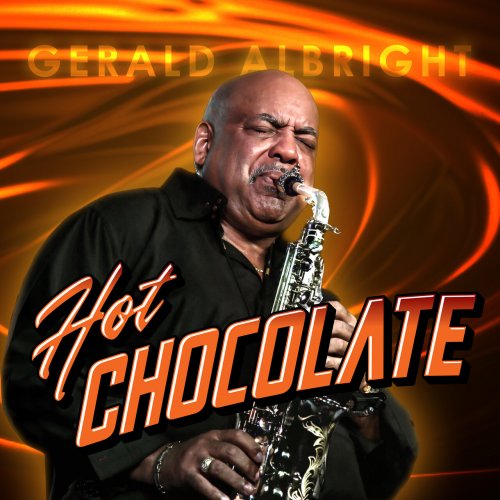
![Maluca Beleza - Des Rivages (2026) [Hi-Res] Maluca Beleza - Des Rivages (2026) [Hi-Res]](https://www.dibpic.com/uploads/posts/2026-02/1772208763_cover.jpg)
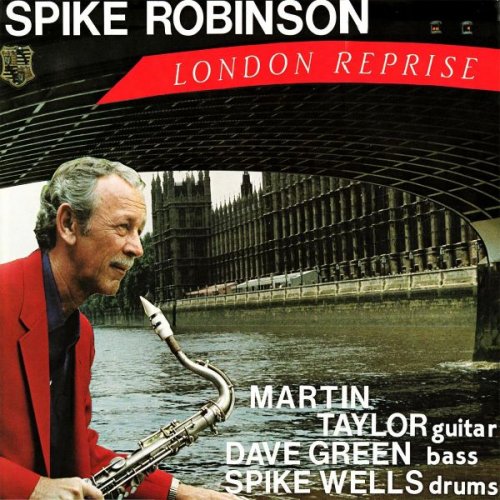
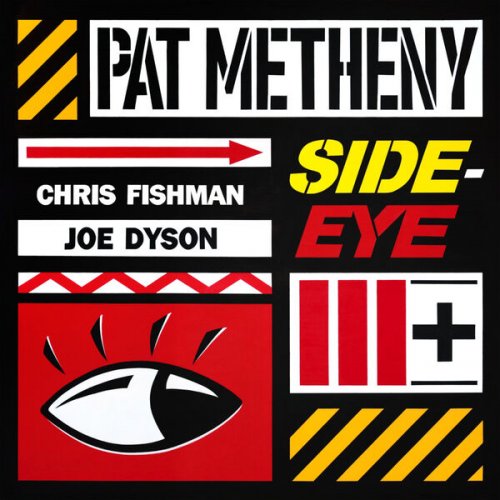
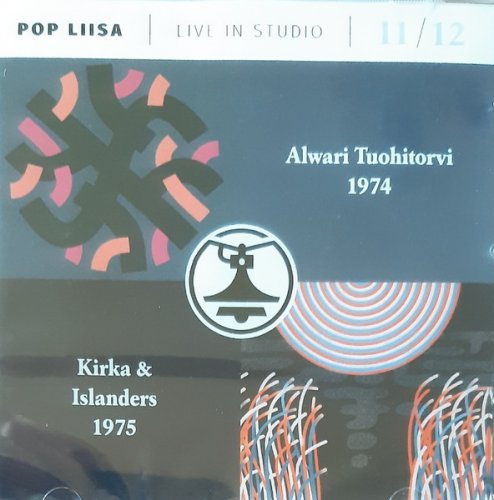
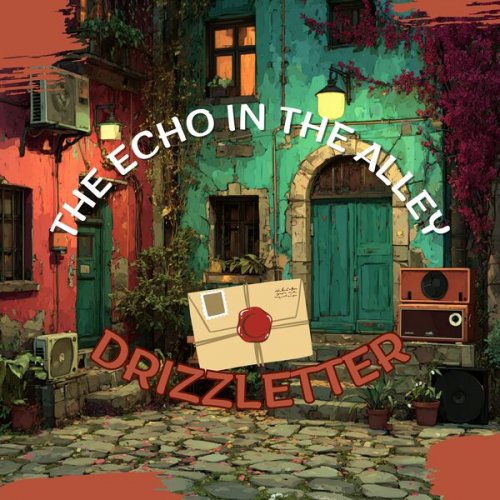
![Hanna Paulsberg Concept - Waltz for Lilli (2012) [Hi-Res] Hanna Paulsberg Concept - Waltz for Lilli (2012) [Hi-Res]](https://www.dibpic.com/uploads/posts/2026-03/1772432856_zl4ax53u6ddcs_600.jpg)
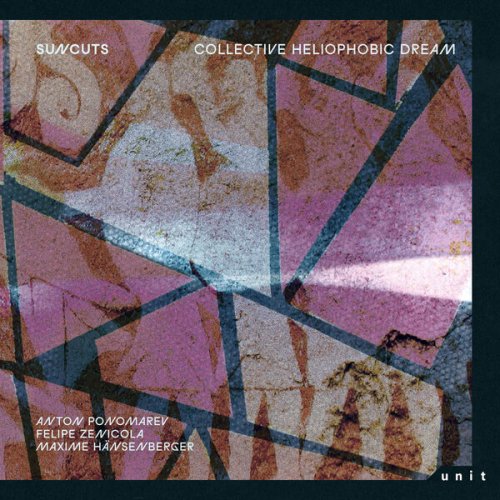
![Cheo Feliciano - Mi Tierra y Yo (Remastered 2026) (2026) [Hi-Res] Cheo Feliciano - Mi Tierra y Yo (Remastered 2026) (2026) [Hi-Res]](https://img.israbox.com/img/2026-02/26/3utwbyq7th3hn4a5zsf7qsky1.jpg)